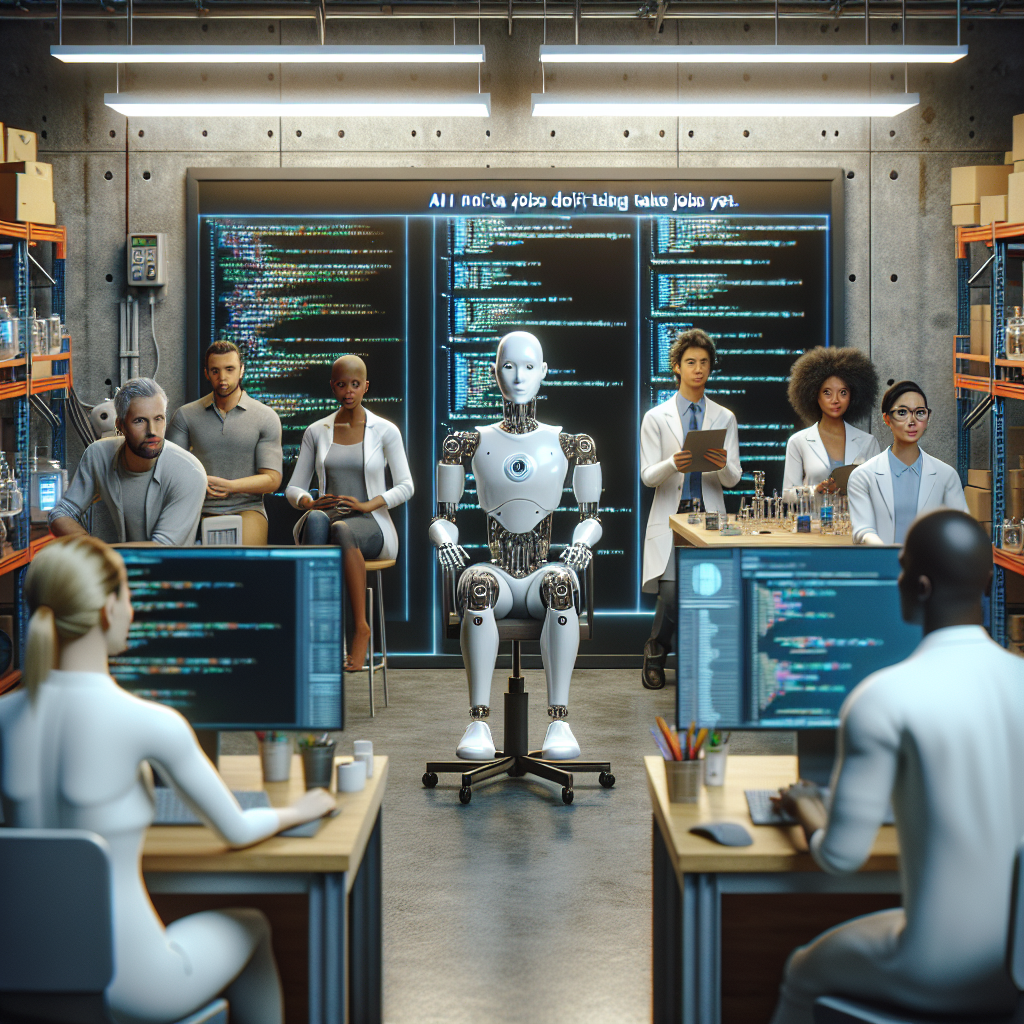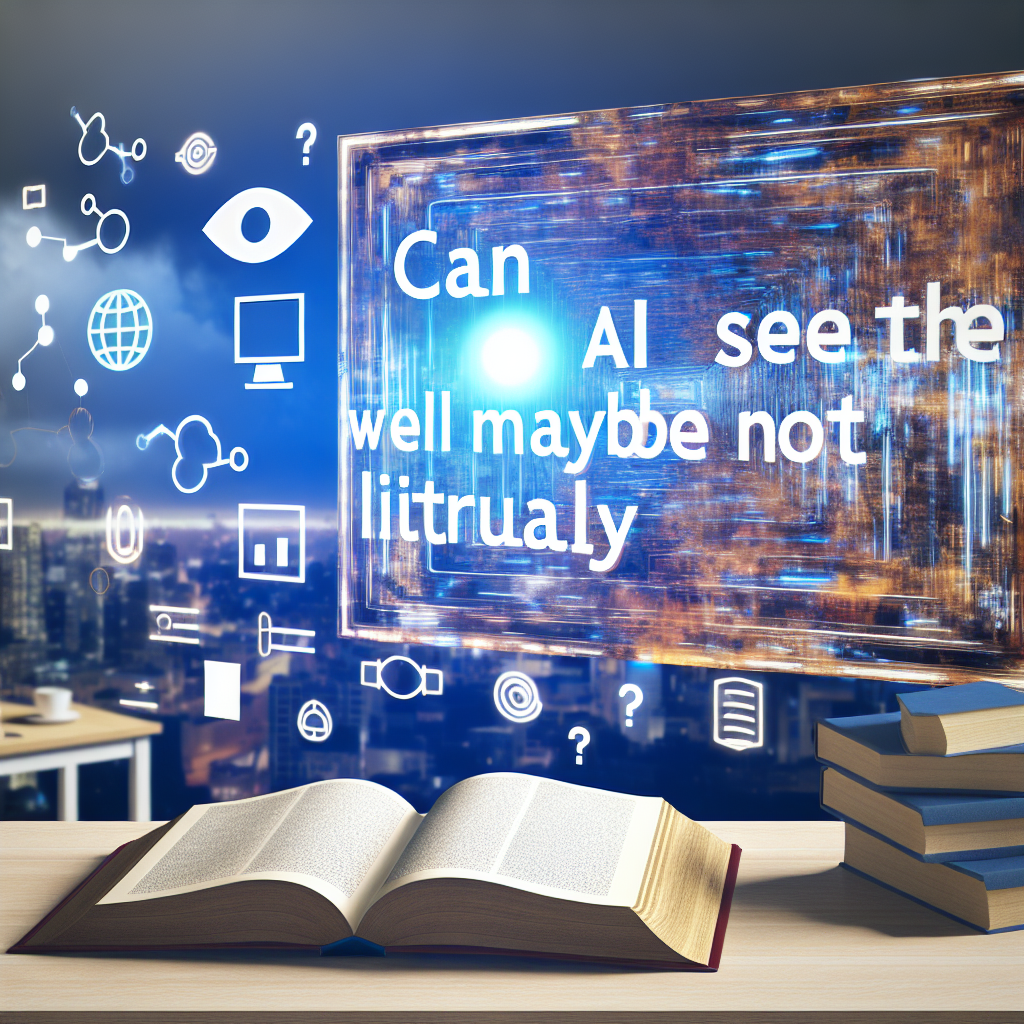AI: The Ultimate Test. Evolve or Be Replaced.
Forget the fear-mongering headlines. Artificial intelligence isn’t a distant threat; it’s the most powerful catalyst for change your career will ever face. The question isn’t if AI jobs are real, but whether you’re ready to master them or get left behind. This isn’t about AI replacing humans; it’s about AI elevating what it means to be human in the workplace. It’s about transforming your role, shedding the mundane, and embracing the strategic. Welcome to the AI-augmented workplace, where adaptability isn’t an option—it’s your only path to relevance.
This isn’t a prediction; it’s happening now. The rise of AI isn’t signaling widespread job loss, but a radical shift in what defines valuable work. Your response to this shift will determine your future. Will you be a passive observer or a proactive architect of your career?
How AI Is Redefining Your Job (And Why That’s Good)
Stop seeing AI as a threat to your current role. See it as a powerful tool designed to eliminate the parts of your job that AI is simply better at, freeing you to do what only you can.
AI Automates Tasks, Not Talent.
The first wave of AI’s impact is clear: repetitive, predictable tasks are on the chopping block. Think data entry, basic customer service, or routine scheduling. AI algorithms and Robotic Process Automation (RPA) systems handle these with unmatched efficiency.
- Chatbots manage FAQs, freeing human support.
- AI-powered software scans mountains of documents in seconds.
This isn’t a reduction of value; it’s an elevation. By offloading the grunt work, you gain the invaluable bandwidth to focus on complex problem-solving, strategic thinking, and genuine human connection. These are areas where AI currently cannot replicate your unique genius.
Augment, Don’t Be Replaced: Your New Mandate.
The true power of AI lies in its ability to amplify human potential. AI tools aren’t here to do your job; they’re here to make you exponentially better at it. They process massive datasets, identify hidden patterns, and deliver insights no human could uncover alone.
Consider a doctor using AI to analyze medical images, or a financial analyst leveraging AI to process market data in real-time. This isn’t replacement; it’s a powerful collaboration. This synergy is creating entirely new, high-value roles—like AI ethics specialists, who ensure responsible deployment, or data trainers, who teach AI how to learn.
Vulnerability Assessment: Are You On AI’s Radar?
Here’s the brutal truth: some jobs are inherently more susceptible to AI’s disruptive force. Understand your risk profile, not to panic, but to strategically pivot.
High-Risk Roles: The Repetitive & Predictable.
If your daily tasks are routine, rule-based, and lack nuanced human interaction, AI is coming for them. This includes:
- Manufacturing roles with repetitive manual labor.
- Entry-level administrative positions focused on data processing.
- Basic customer service handling simple, frequent inquiries.
This isn’t a death sentence; it’s a loud wake-up call. Your next move determines your relevance.
Human-Proof Roles: Where Creativity & Empathy Reign.
AI struggles where humans excel: complex creativity, deep emotional intelligence, and non-linear problem-solving. These roles are your fortress against automation:
- Creative professions: writers, artists, strategic designers.
- Healthcare providers: direct patient care requires profound empathy and judgment.
- Educators and trainers: human connection and nuanced guidance are irreplaceable.
AI will be a powerful assistant in these fields, but it will never replace the uniquely human qualities that define them. This is your competitive advantage.
Your Strategic Playbook: Thrive in the AI Era.
Don’t just react to AI; pro-actively master it. Your career longevity depends on two critical pillars.
Master New Skills: Your Continuous Evolution.
This isn’t about learning more; it’s about learning the right things. Upskill in areas that make you indispensable alongside AI:
- Data literacy: Understand and interpret AI outputs.
- Critical thinking: Question, validate, and leverage AI recommendations.
- Technical skills: Basic coding, prompt engineering, or AI system management are increasingly vital.
This isn’t about becoming a developer; it’s about becoming a fluent collaborator with technology.
Unleash Your Soft Skills: Your Unfair Advantage.
While AI crunches numbers, it notoriously struggles with emotional and social intelligence. This is where you dominate. Your soft skills are your ultimate differentiator:
- Effective communication: Translate complex ideas, build consensus.
- Leadership & teamwork: Drive projects, inspire teams.
- Empathy & creativity: Solve human problems, innovate beyond algorithms.
These are the skills AI cannot replicate. Cultivate them aggressively. They are the bedrock of human value in an AI-driven world.
The AI Gold Rush: New Roles, New Opportunities.
The narrative of AI destroying jobs is incomplete. It’s simultaneously creating a massive surge in emerging AI jobs—a gold rush for those with foresight and the right skill set.
High-Value AI Job Roles: Your Next Target.
These are not just roles; they are career launchpads into the future:
- AI/Machine Learning Engineer: Architecting the intelligence itself.
- Data Scientist: Extracting actionable insights from AI-driven data.
- AI Ethics Specialist: Ensuring AI is responsible and fair—a critical human role.
- Robotics Technician: Maintaining the physical manifestation of AI.
- Human-AI Interaction Designer: Crafting seamless experiences between humans and intelligent systems.
Target these with precision. This is where the AI boom translates into direct career growth.
Supercharge Your Current Role with AI.
You don’t need a new job title to leverage AI. Integrate AI tools into your existing workflow to amplify your impact and make yourself indispensable. Don’t be outmoded; be the innovator.
- Marketers: Use AI for granular customer analytics and personalized campaigns.
- Lawyers: Leverage AI for rapid contract review and legal research.
- Teachers: Employ AI for personalized learning paths and adaptive assessments.
Being proactive in adopting AI technology positions you as a visionary, not a victim. It’s about optimizing your output, not just managing your input.
Conquer The Fear. Embrace The Future.
Fear thrives on uncertainty. The narrative that AI is a job killer is misleading. It’s a job transformer and an opportunity creator.
AI: Job Killer or Job Enabler? The Data Speaks.
While some repetitive tasks disappear, the net impact is positive. The World Economic Forum projects AI will create 97 million new jobs globally by 2025, significantly outpacing the 85 million it may displace. This isn’t a threat; it’s a massive re-calibration of the global workforce. Your job is to be on the winning side of that equation.
Your Mindset is Your Ultimate Asset.
The future workforce demands a growth mindset and radical adaptability. Employers aren’t looking for static skill sets; they’re looking for relentless learners who can evolve with technology and seamlessly collaborate with AI systems. This isn’t about fearing change; it’s about leading it.
Your Action Plan: Master Your AI Future.
This isn’t a suggestion; it’s your survival and success blueprint. Take immediate, deliberate steps to navigate this new landscape:
- Assess your vulnerability: Honestly evaluate which parts of your current role are prime for AI automation.
- Target your upskilling: Identify critical skill gaps and pursue highly relevant training or certifications.
- Experiment relentlessly: Integrate AI tools into your daily workflow. Learn by doing.
- Strategic networking: Connect with professionals already thriving in AI-related fields. Learn from the pioneers.
- Stay ruthless about trends: Continuously monitor AI advancements and their implications for your industry.
Don’t wait for permission. Don’t wait for your company to train you. Take control. This proactive approach will not only cultivate resilience but unlock opportunities you never thought possible. This is how you win.
Ready to deep-dive into future-proofing your career? Visit our career acceleration resources now.



